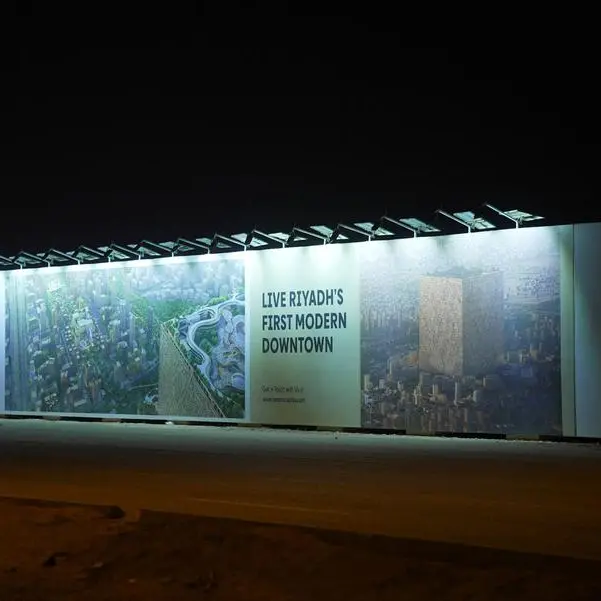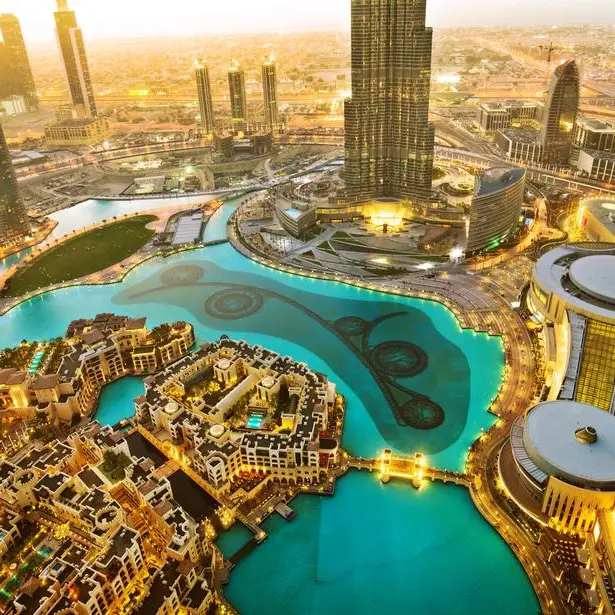In late October 2004, Deputy Minister of Culture and Tourism Nabil Hassan Al-Faqih announced that jumping off of Sana'a 2004, the year of the Arab Cultural Capital, Sana'a will become the "Arab Tourism Capital" for 2005. Over the past year, Yemen has been focusing on "promoting tourism" in the country. More attention has been paid to the historic centers of Yemen, such as old Sana'a, the country is promoting foreign investment in tourism, popular tourist sectors such as diving and natural parks are being developed, and supposedly, travel restrictions have been greatly reduced.
Yemen has set its sights high, aiming for flocks of money spewing tourists coming for a short gander at the wonders of ancient Arabia, but before it gets too worked up about flashy hotels and jam-packed beach resorts, there are some critical issues that need to be dealt with.
In the September of 2004, Minister of the Interior Dr. Rashad Al-Alimi announced that with Yemen's move towards tourism, foreigners would now be able to move freely throughout the country without the once-required travel permits unless they are going to the governorates north and east of Sana'a: Saada, Marib and Al-Jawf. This means that tourists should no longer have to go through the tribulations that they did a year ago if they wanted to travel independently or couldn't afford to dish out $50-$100 a day for a tour guide. No more ventures to the gloomy tourist police station on Zubairy Street the day before intended travel in hopes that they run into the right person who felt like issuing a permit for their weekend explorations of the Yemen countryside. It used to be that, if the officer behind the desk was having a bad day and you didn't feel like dishing out extra cash for a bribe, you would be stuck in Sana'a for one more week in hopes that next Wednesday would be different.
But those troubles are now over! At least, that's what one might think--but lets not forget that we are in Yemen, where reality is something altogether different. It all seems so perfectly traditional that one often feels like he has traveled back in time; those sunsets over Old Sana'a when the buildings all turn brownish orange can be other-worldly; the locals talk about genies as if they equal the human population; and the authorities can't even get themselves together enough to know what their own laws are.
Only in Yemen when the Minister of the Interior announces that tourists can now travel freely does it mean that it is actually more difficult to move about the country. Why? Because now when a foreigner, especially an American or Brit, passes the edge of the capital and gets his first taste of the Yemen countryside just as he pulls up to his first checkpoint, he is still, almost without fail, asked for a travel permit. Of course he can't produce one because they no longer exist.
The authorities at the checkpoints still have no idea what the official policy is. In fact, it seems like official policy changes from moment to moment and from officer to officer, depending on what seems logical to him at the time. So what is the result? The tourist's hopes of gazing out over the breathtaking mountaintop views, swimming in the warm waters of the Red Sea, and seeing the traditional culture of Yemen's countryside are crushed and he is sent back to Sana'a to be trapped in the city for the remainder of his visit. All because of a lack of coordination between the policy makers and the law enforcement.
I have personally had my share of dealings with the contradictions of Yemen's new tourist promotions. At the same time that he announced that travel restrictions would be lifted, Al-Alami announced that "The Yemeni government has made the decision to facilitate the granting of visas to the citizens of 40 countries around the world, all of whom can and will obtain a visa immediately at the Sana'a airport upon their arrival," which included the European Union, the G-8, Scandinavian nations, the members of the GCC, Malaysia and Singapore. Excited about the new changes that Yemen had made regarding travel, I returned to the country for a second time. As soon as I pulled out my American passport at the airport, though, I was nearly put back on the plane and sent back to where I came from because I didn't have the proof that the man behind the desk demanded about where I was going to live and study.
Since I arrived three and a half months ago, I have seen no practical changes in the alleged easing of travel restrictions within the country. Just last week, to give one example out of many, on a would-be day trip to the popular tourist destination of Kawkaban just west of Sana'a, I was turned away at the checkpoint for lack-of-permit and was told that not only did I need a permit, but an escort as well. I explained that permits were no longer needed and that the situation was doubly outrageous since I had residency in Yemen. But my efforts were to no avail and I was sent back to Sana'a by radioed orders from none other than the Ministry of the Interior, the same ministry that announced the cancellation of permits five months ago.
After returning and going to the tourist police station, which has been moved to a back alley near Kuwait street in a building where they virtually use cardboard boxes for desks, I was told that I didn't need a permit and can travel around the country freely. They gave me the phone number of the tourist police in case I was given troubles again.
Emboldened by the new digits in my pocket that I thought just might be the final solution to all my travel headaches in Yemen, I attempted to return to Kawkaban the next day. As soon as I pulled up to the checkpoint, I was immediately ordered to return. I fumbled in Arabic to explain what I was told by the tourist police and handed over the number to an officer. As promised, the office told him that the American did not need a permit and should be let through. The police chief at the checkpoint, however, refused to get off his high horse of authority and ordered my return to Sana'a, spitting plenty of names at me in the process.
Upon a second visit to the tourist police, they were astounded that I had been turned back and after a half hour of no solutions, the story had suddenly changed and I was told that I had to go with a tour operator. The officer's final suggestion: "Disguise yourself as a Yemeni so that you can get through the checkpoint without them noticing you."
There is obviously something very wrong here.
And what if one does spend big money to go with a tour operator, which usually amounts to no more than a vehicle and a driver? The operators don't get permits either, unless they are going to Marib or the north. How do they deal with the authorities? When they go through the checkpoints, Americans, Brits, and Canadians suddenly become Germans, Swiss, and Swedes. As a driver of the Radfan tourist agency said, "If we tell them that you're an American they will turn us back to Sana'a because we don't have a military escort." That's right, even the tour operators have to lie to do their business.
Yemen needs to put its grand schemes of attracting international investment in tourism on hold for a moment and deal with the little issue of making domestic travel a possibility in the first place. No international company in their right mind will invest in developing a site in Yemen when tourists are still getting held up on the Hodeidah road. For years, the stories that tourists in Yemen bring back to their countries have been littered with accounts of infuriating travel impediments and over the past five months the only differences are that added to these tales is their disappointment with the Yemeni government's false promises. The final result is that the tiny number of those that might have considered visiting the country decide that it's not worth the trouble and buy a ticket to India or Egypt instead, and Yemen's hard work in promoting tourism ends in dismal failure.
By Shane Bauer
© Yemen Observer 2005




















